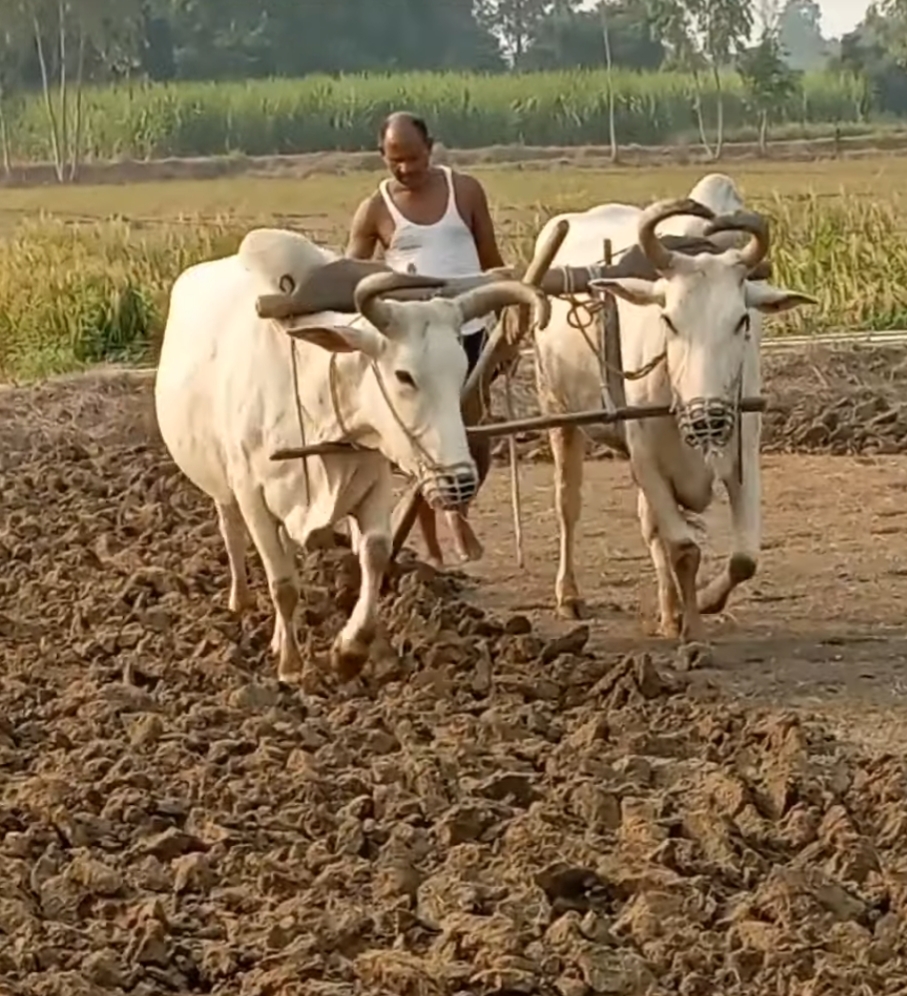

New Delhi: In a major relief for farmers, the Cabinet Committee on Economic Affairs (CCEA) chaired by Prime Minister Narendra Modi has approved an increase in the Minimum Support Prices (MSP) for all mandated Rabi crops for the upcoming marketing seasons of 2025-26 and 2026-27. The move aims to ensure that farmers receive remunerative returns on their produce, in line with the Union government’s commitment to double farmers’ income.
According to the decision, the maximum hike has been announced for safflower, whose MSP has been raised by ₹600 per quintal. Lentil (masur) follows with a hike of ₹300 per quintal, while rapeseed & mustard, gram, barley, and wheat have seen increases of ₹250, ₹225, ₹170 and ₹160 per quintal respectively.
Wheat, the most widely cultivated Rabi crop in the country, will see its MSP rise from ₹2,425 per quintal in 2025-26 to ₹2,585 per quintal in 2026-27. This steady increase is crucial, given wheat’s role as both a staple food grain and a significant contributor to food security.
The government underlined that the revised MSPs reflect the principle announced in the 2018-19 Union Budget, which assured farmers an MSP of at least 1.5 times the all-India weighted average cost of production. Officials noted that this ensures not only price stability but also greater confidence among growers to expand sowing of high-value crops like mustard, pulses, and oilseeds.
The announcement comes ahead of the sowing season for Rabi crops, which begins after the monsoon’s retreat. Agricultural experts believe the hike, particularly in safflower and lentil, may encourage diversification in crop patterns, reducing over-reliance on cereals like wheat.
Farmers’ unions have welcomed the move but stressed that timely procurement and effective market intervention remain critical to ensure that the benefits of higher MSP actually reach cultivators.
With food inflation concerns and growing demands for secure farmer incomes, the latest MSP revision marks an important step in balancing consumer interests with the economic stability of India’s agricultural sector.


